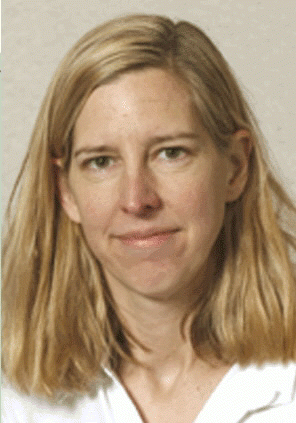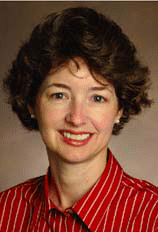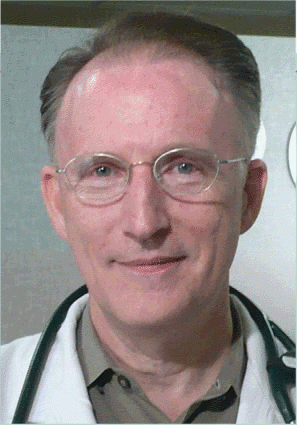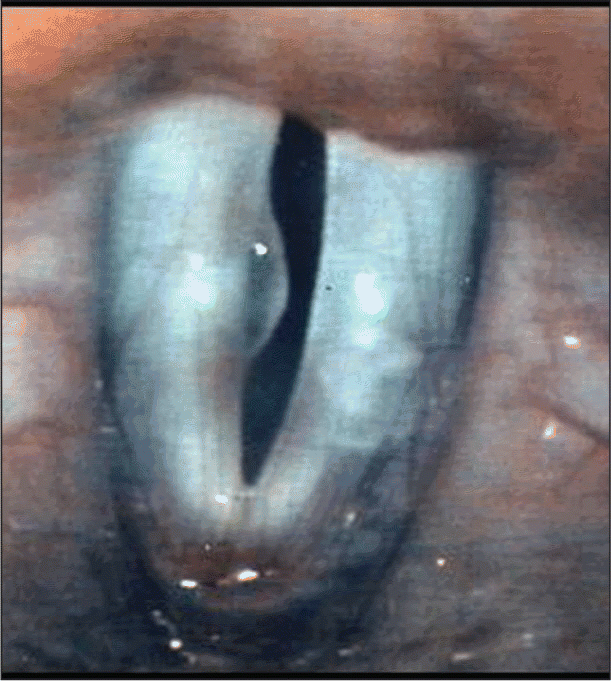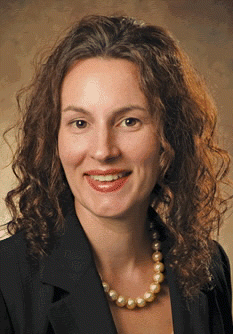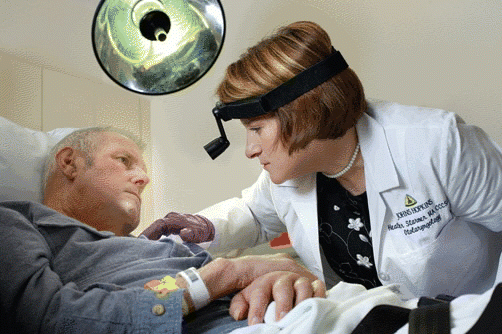Mounting evidence suggests that human papillomavirus (HPV)-positive oropharyngeal cancer has an improved prognosis compared with HPV-negative disease. The most recent supportive evidence comes from an analysis of a Phase III trial presented at the 2009 annual meeting of the American Society of Clinical Oncology.
